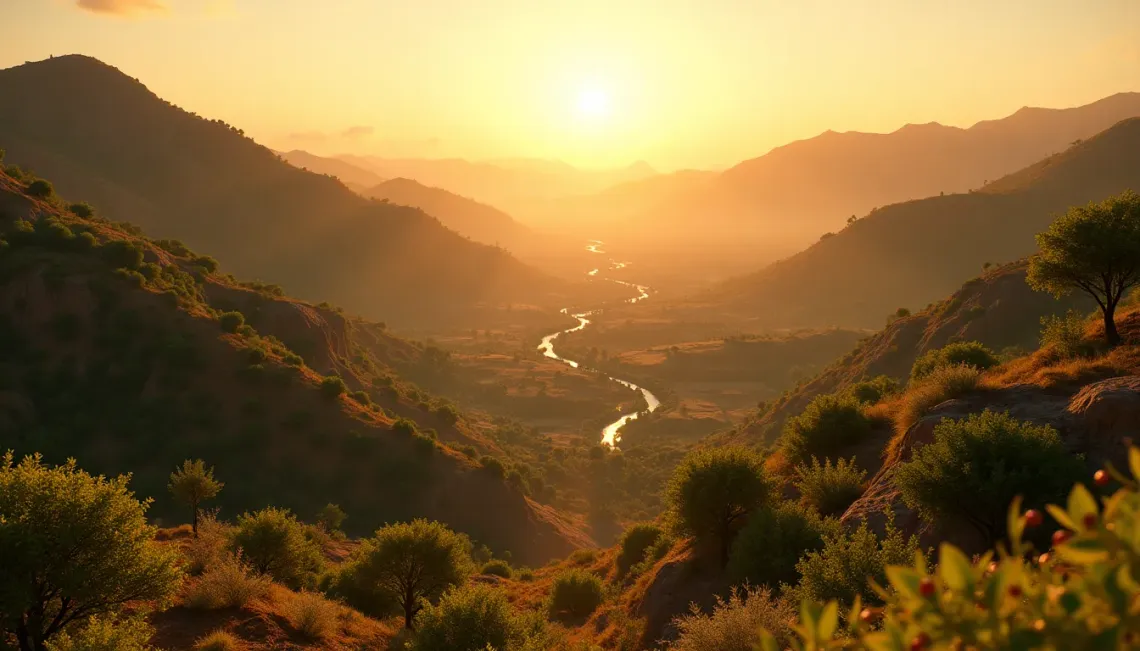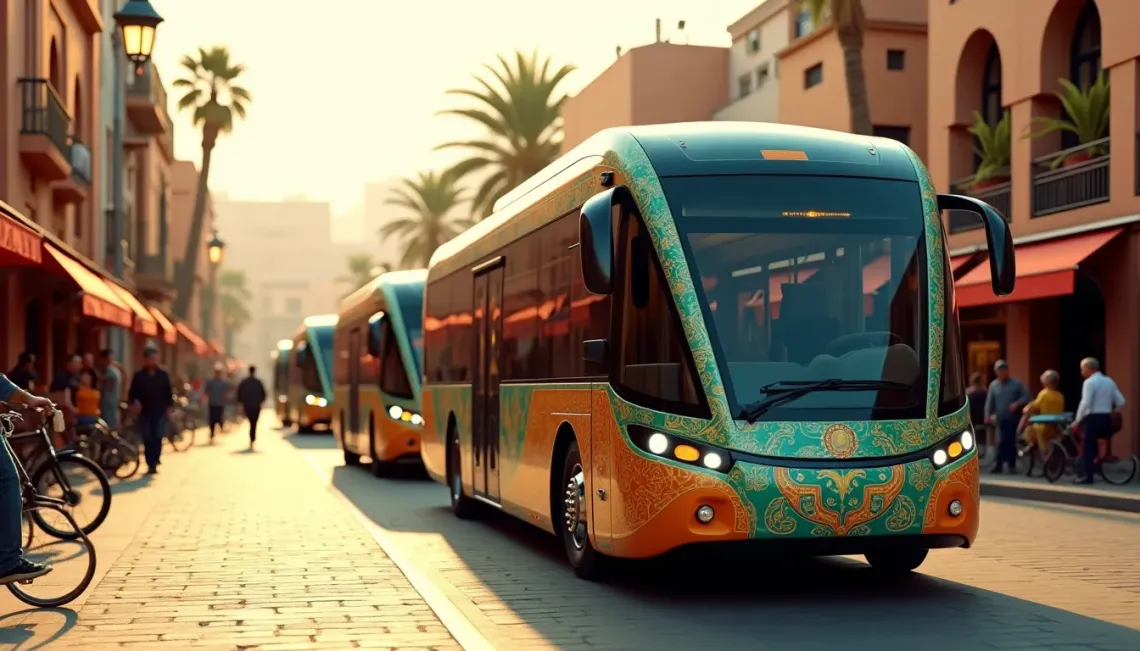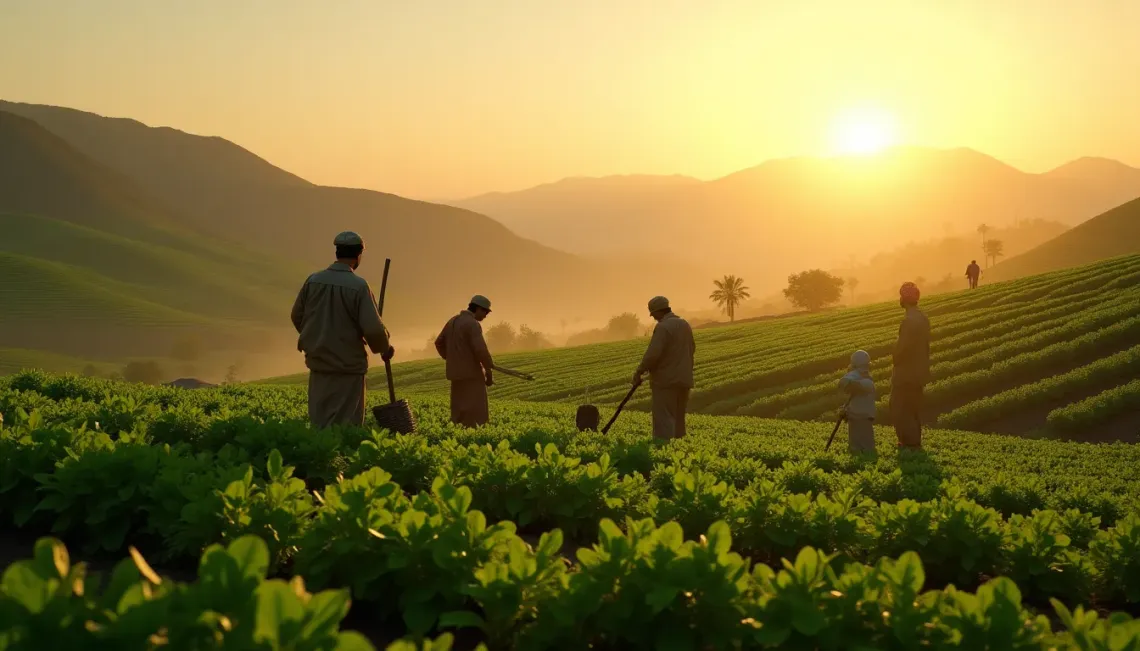In recent years, the concepts of permaculture and community-driven sustainability have gained momentum in numerous regions worldwide. Morocco stands out as a nation where these principles are making a significant impact on sustainable agriculture and environmental conservation. This North African country, with its diverse climatic zones and rich cultural heritage, provides an ideal setting for the implementation of permaculture practices.
Understanding Permaculture in Morocco
Permaculture, a blend of "permanent" and "agriculture," emphasizes creating self-sufficient agricultural ecosystems. In Morocco, permaculture is not merely a farming technique but a holistic approach to improving the countryside through community-driven sustainability. Local initiatives are pivotal in this transformation, fostering a sustainable interaction between people and their environment.
The Role of Community-Driven Sustainability
Community-driven sustainability in Morocco is best exemplified by collaborations between NGOs, local communities, and governmental bodies. These collaborations often focus on education and training, enabling communities to manage natural resources effectively. The approach includes:
- Empowering local farmers with permaculture techniques.
- Promoting the use of native plants to enhance biodiversity.
- Implementing water conservation methods, critical in Morocco's arid regions.
This collaborative model ensures that the benefits of permaculture reach a broader audience, promoting long-term ecological health and stability.
Impact on Sustainable Agriculture
The adoption of permaculture in Morocco has dramatically influenced sustainable agriculture. By focusing on perennials, natural pest management, and mixed cropping, farmers can increase their yield without depleting the soil. Furthermore, these practices align seamlessly with traditional Moroccan agricultural methods, easing the transition to modern sustainability strategies.
Environmental Conservation Efforts
Environmental conservation is another significant aspect of Morocco's permaculture projects. Initiatives often integrate:
- Reforestation projects using native species.
- Soil restoration and erosion control.
- Water management systems to optimize resource use.
These efforts not only enrich the environment but also help mitigate the effects of climate change, providing a resilient agricultural landscape.
The Future of Permaculture in Morocco
Looking forward, Morocco's dedication to community-driven sustainability plays a crucial role in addressing modern environmental challenges. By continuing to harness the power of permaculture, Morocco sets a benchmark for sustainable development in arid and semi-arid regions globally. This model encourages further exploration into sustainable development strategies, reinforcing global efforts toward a more balanced relationship with nature.
In conclusion, as permaculture continues to gain traction in Morocco, it offers inspiring lessons on resilience and innovation. The integration of sustainable agriculture techniques with environmental conservation efforts showcases a harmonious path to sustainability, driving not only ecological but also socioeconomic benefits for communities across the nation.




